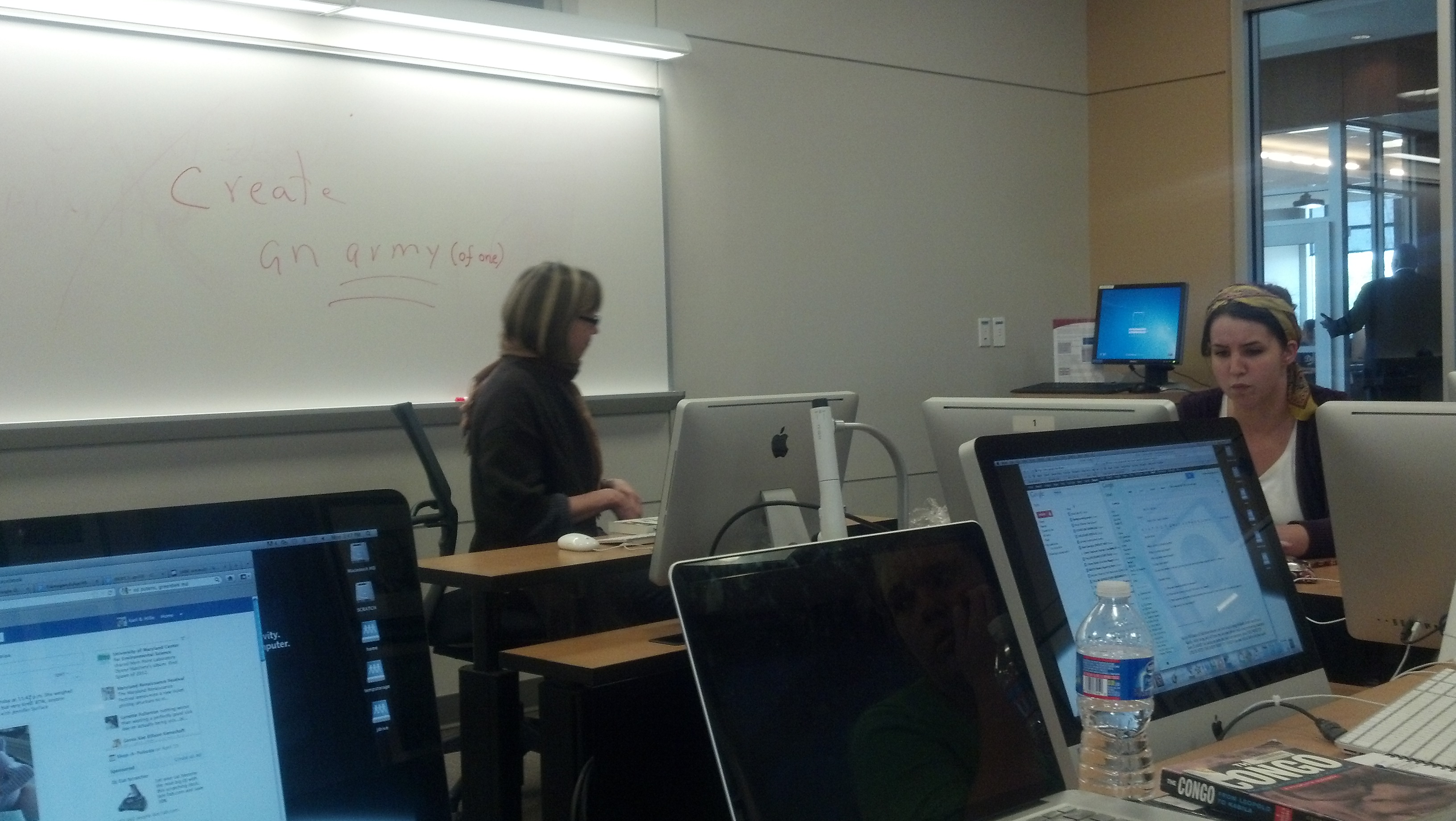Hump week
It’s the week before spring break for everybody in the class but me, and I’ve got nothing. The reams of spreadsheets pumped out by our Census bureau ringer may as well be mathed in Greek to me. I’m staring at tab after tab of disaggregated data, some with statistical margins of error larger than the sample sizes, and cursing my brain.
The ensuing migraine is stunningly powerful, but like a summer thunderstorm, it leaves my brain at peace and ready to try and digest. Of course this does nothing for my ability to find a family willing to be our poster household or my contribution to an article on personal debt.
Then something very ordinary happens to me when I’m trying to juggle too many things and too much stress – I forget to send Brendan to pre-school with a lunch. Barb is surprised to find the teachers had supplies on hand to make him a pbj – something the need because they have some families who are struggling.
On Monday after spring break, I send him in with four copies of a pitch letter, sharing my recession story and the journalism class angle on it and asking for someone to put a face to the statistics.
That’s the day we get our “come to Jesus” talking to by the professors.
“Your stories are in trouble,” Sandy Banitsky says. “And the clock is ticking.”
Apparently I’m not the only one.
Student by student, we go around the class clinicking each piece. Sitting right in the middle, I’m dead last, so I share my pitch letter, my commercial debt-lawyer angle and the concept of predatory “debt-relief” schemes. Nelson leans heavily toward the CCRC?? Side of the story my debt team partner Kelsi Loos has already tackled. My sample unemployment graph for the data visualization falls flat because it doesn’t really hit on our “working poor” project definition. And I have work to do to find data I can get to tell the story.
Census data records education level, family size and income, but they are not presented together. To match the sustainability study report, we would need to show how much you could expect to earn with various degrees of education and whether or not that puts you into self-sufficiency turf.
Then I need serious help with the code.
Karl Hille lived and breathed local news beat reporting in Greenbelt and the Baltimore/Washington region for more than 12 years until the 2007 recession. While learning and improving the online side of the Baltimore Examiner operations, his platform dropped out from under his feet, then his rebound job at a regional business news magazine downsized him three months later. Now, working for the “dark side” – public communications work by day for the awesome government agency – he is going back to school to find the critical intersection of news, investigation, and the Internet – and re-learning how to be a student while he’s the only guy on campus sporting a fedora.

